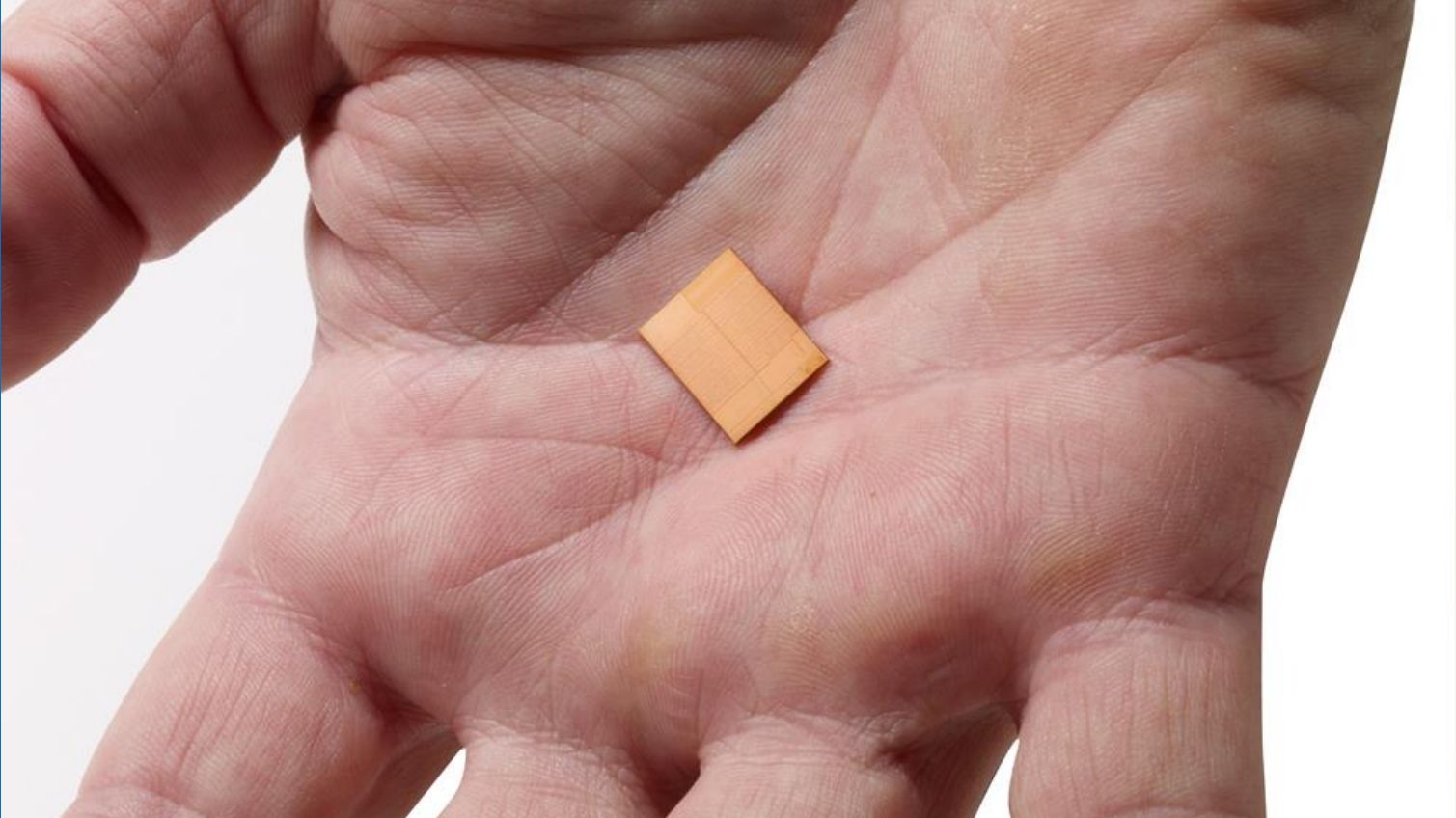Your phone's battery life could improve markedly thanks to a tiny CPU tweak
That's the butterfly effect

Sign up for breaking news, reviews, opinion, top tech deals, and more.
You are now subscribed
Your newsletter sign-up was successful
Tweaking the way a microprocessor works can have dramatic effect on the power consumption of that component researchers at the University of Illinois (UoI) found out. The group managed to reduce the power consumption by a staggering 97%.
By reducing the power consumption of an essential part of a processor called the serial link, they claim that they would be able to save about $870 million (about £590 million, AU$1.14 billion) in annual energy costs for data centers in North America alone.
Extrapolating to 2020, the team reckons that they might be able to save enough energy from data centers alone worldwide to power an entire country like Japan (whose electricity consumption stood at just over 1000 tWh). Serial links account for about 7% of the overall energy consumption in a data centre.
Because processors are present everywhere, improvements on the way serial links work mean that power can be saved from tiny devices (in wearables for example) up to data centres.
The changes will benefit smartphones as well because serial links consume about a fifth of a processor's power. Changes there will allow either for more powerful processors or smartphones with longer battery life to emerge.
Sign up to the TechRadar Pro newsletter to get all the top news, opinion, features and guidance your business needs to succeed!

Désiré has been musing and writing about technology during a career spanning four decades. He dabbled in website builders and web hosting when DHTML and frames were in vogue and started narrating about the impact of technology on society just before the start of the Y2K hysteria at the turn of the last millennium.